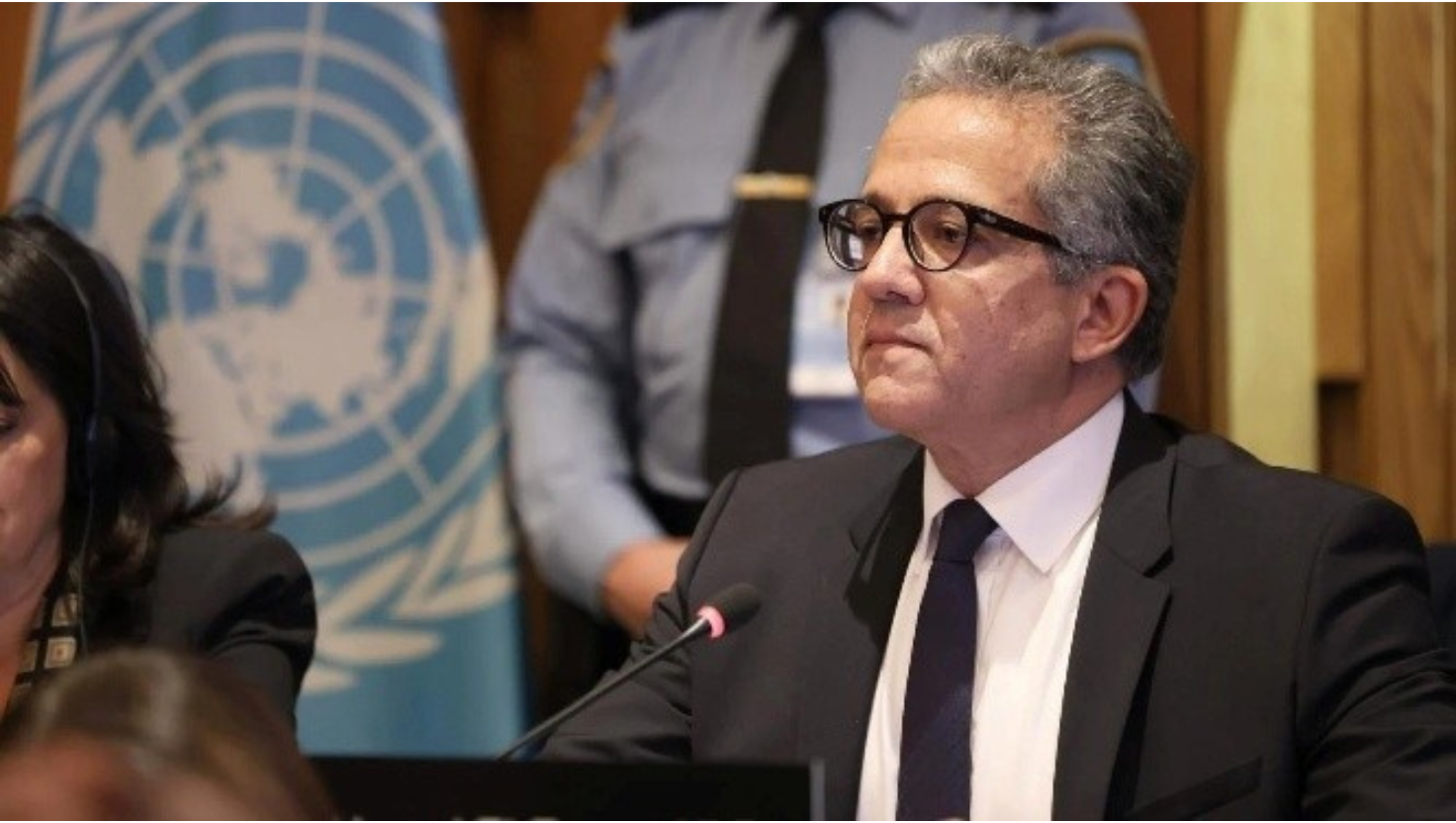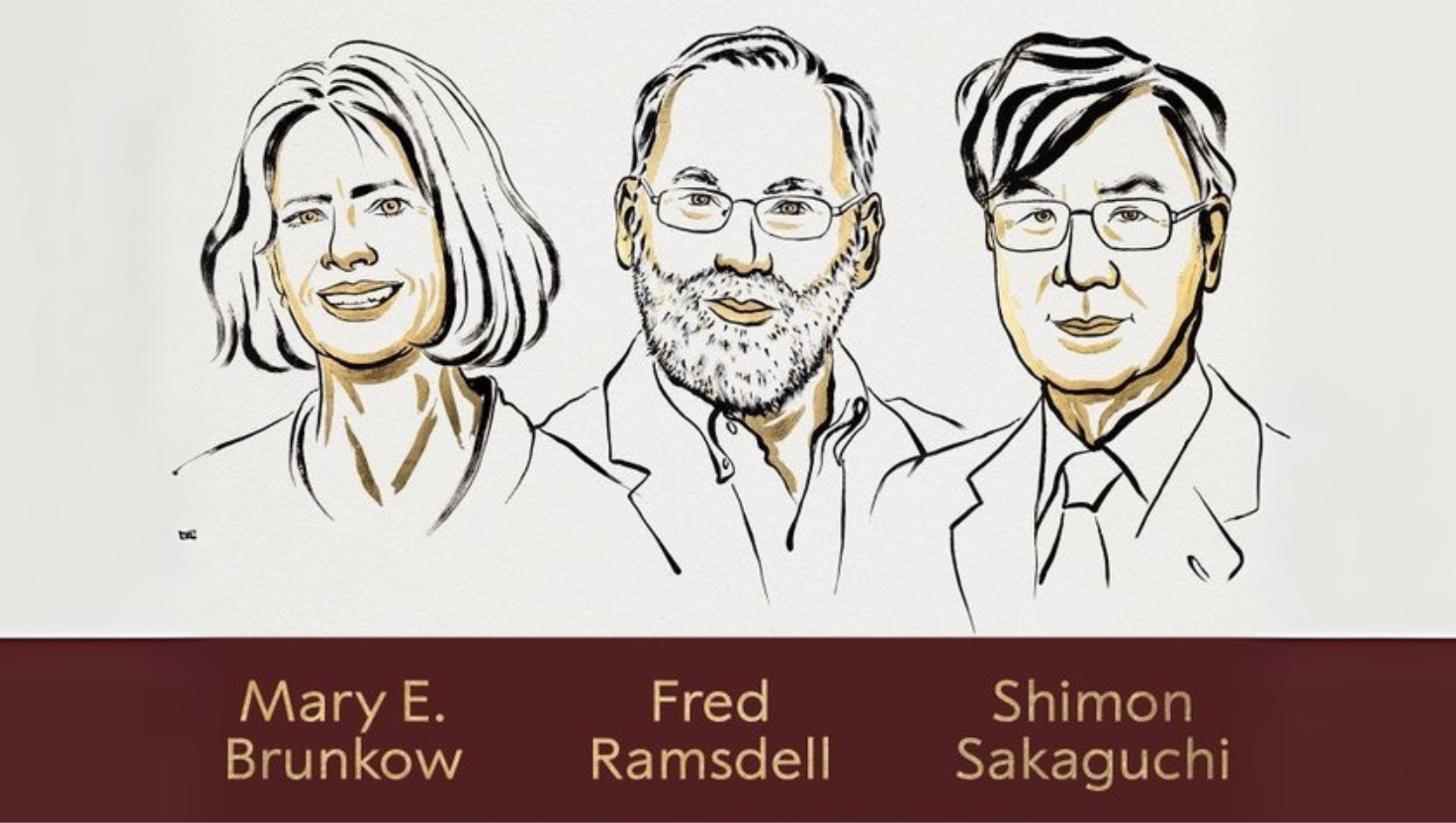Rethinking Criminal Defamation in India: Balancing Free Speech and Reputation
Syllabus: Governance, Transparency, Accountability, Freedom of Speech (UPSC GS II)
Context
The Supreme Court of India recently suggested reconsidering the criminalisation of defamation, a law often criticised as a colonial-era remnant.
- The observation arose during a petition by the Foundation for Independent Journalism regarding a defamation summons linked to a 2016 article.
- Judges highlighted that criminal defamation is often misused to harass individuals, and pending cases burden the judiciary.
- While defamation protects reputation under Article 21, it conflicts with freedom of speech under Article 19(1)(a), creating a constitutional tension.
Historical and Legal Background
Colonial Roots:
- Criminal defamation was introduced under the Indian Penal Code (IPC), Sections 499 and 500 to protect colonial authorities from dissent.
- The Bharatiya Nyaya Sanhita (BNS) 2023 retained these provisions under Section 356.
Judicial Position:
- Subramanian Swamy v. Union of India (2016): SC upheld criminal defamation, stating reputation is part of Article 21.
- Recent observations indicate a shift toward decriminalisation.
Current Challenges:
- Cases filed across multiple jurisdictions burden the accused.
- Accused must appear in person and face risk of arrest.
- Truth is not a defence unless made for the “public good.”
Key Issues with Criminal Defamation
- Restriction on Free Speech:
- Politicians, activists, and journalists face intimidation through defamation suits.
- Example: Rahul Gandhi’s 2023 conviction led to temporary disqualification from Parliament.
- Chilling Effect on Journalism:
- Multiple lawsuits discourage investigative reporting.
- Judicial Overload:
- Thousands of pending cases slow the justice system.
- Violation of Natural Justice:
- Burden of proof lies on the accused, often against powerful complainants.
- Colonial and Undemocratic:
- Most democracies, like the UK (2009) and US, have abolished criminal defamation.
Civil Remedies as Alternatives
- Civil Defamation: Individuals can claim monetary damages or injunctions.
- Adequacy of Existing Laws: IT Act provisions, contempt laws, and hate speech laws already regulate harmful speech.
- Criminal defamation is redundant and disproportionate.
Comparative Global Practices
- UK: Abolished criminal defamation in 2009.
- US: Defamation is purely civil; strong free speech protection under the First Amendment.
- Sri Lanka & Nepal: Retain criminal defamation; reform is debated.
- European Court of Human Rights: Criminal defamation violates free expression under Article 10.
Constitutional and Democratic Dimensions
- Article 19(1)(a): Freedom of speech and expression.
- Article 19(2): Reasonable restrictions for public order, morality, and defamation.
- Article 21: Right to reputation and dignity.
- Challenge: Balancing freedom of expression with protection of reputation.
Why Decriminalisation is Timely
- Digital Age:
- Social media amplifies voices, but criminal defamation silences online dissent.
- Political Climate:
- Opposition leaders and critics face multiple suits, creating fear.
- Ease of Doing Business:
- Criminal defamation discourages whistleblowing and corporate accountability.
Path Ahead
- Legislative Reforms:
- Amend BNS to remove criminal defamation.
- Strengthen civil defamation laws for compensation and speedy resolution.
- Judicial Guidelines:
- SC can guide lower courts to prevent frivolous criminal cases.
- Strengthen Institutions:
- Empower Press Councils and media regulatory bodies to handle complaints swiftly.
- Awareness and Safeguards:
- Educate citizens about civil remedies to reduce misuse of criminal provisions.
Conclusion
- Decriminalising defamation is a step toward deepening democracy.
- Aligns India with global democratic practices.
- Protects freedom of speech, encourages fearless journalism, and strengthens political accountability.
- Civil remedies remain adequate to protect reputation.
- Marks a decisive break from the colonial past, reaffirming India’s constitutional promise of liberty.











